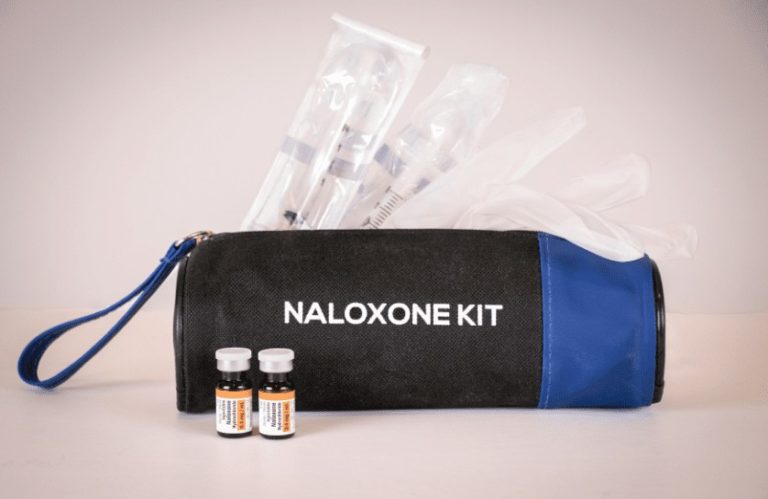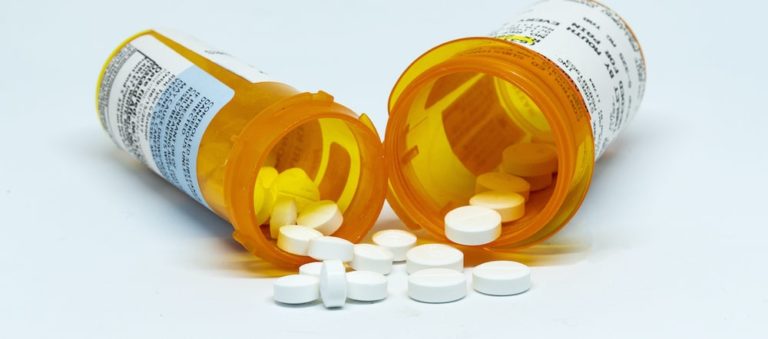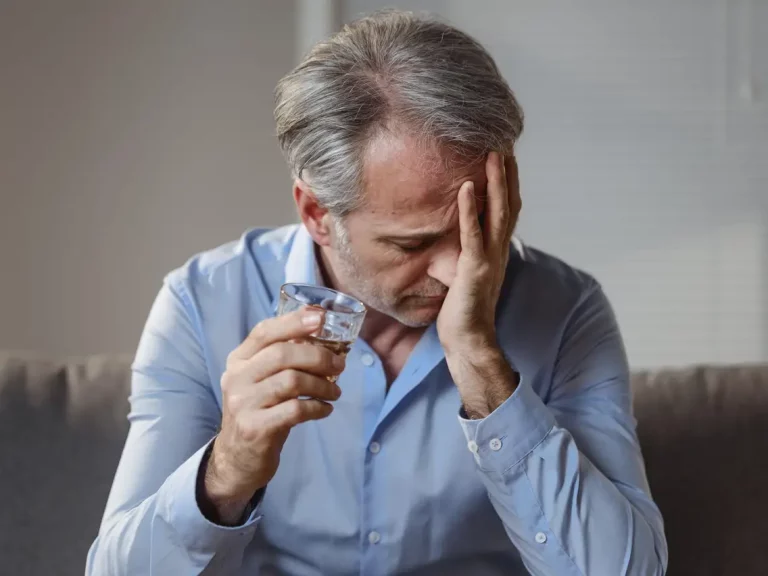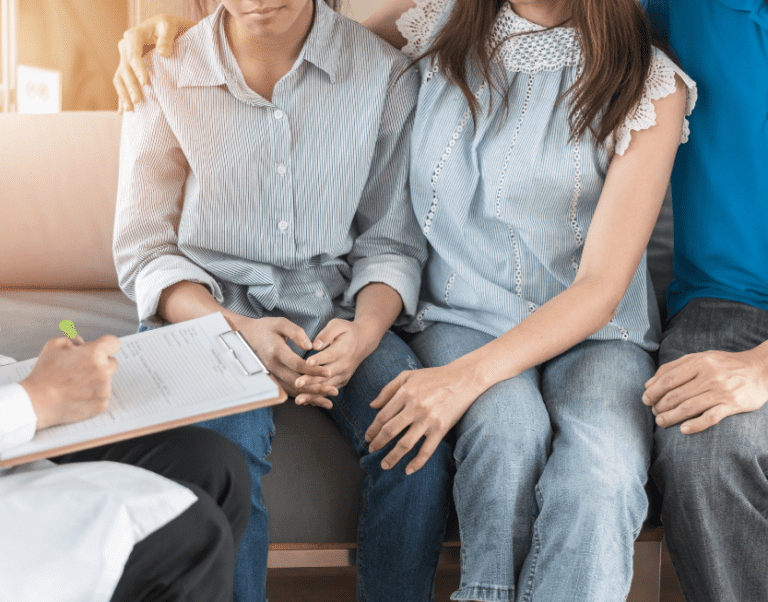Do you have a family member or friend who suffers from postpartum depression and/or substance addiction? Do you feel lost as to how to help them? If so, you’re not alone. It can be a very difficult and confusing time for anyone, regardless of their personal struggles. But, there are ways to support someone who is struggling. Here are seven helpful tips for helping someone who is struggling with postpartum depression and/or substance addiction.
1. Talk to Them
The first step is to talk to your loved one. The more you know about their condition and how they’re feeling, the easier it will be to support them. Ask them about their symptoms, what brings them to mind, and what you can do to help.
There are many ways to talk to a loved one who is struggling. You can write a note, text, call, or meet with them in person to talk. Always keep in mind that you don’t have to have all the answers, and you shouldn’t try to explain away their depression or substance use. You’re there to listen and be supportive.
2. Learn More About Postpartum Depression and Addiction
You can learn a lot about postpartum depression and addiction by talking to your loved one and doing some research on your own. Read up on the symptoms, check out websites, and talk to others who have experience with the condition to learn more.
One of the best ways to learn about postpartum depression and/or addiction is to watch for the signs. Some people won’t tell you that they’re depressed or that they use drugs or alcohol, so it’s important to watch for the signs. Pay attention to your loved one’s moods, behavior, thoughts, and feelings.
Be there for your loved one. Offer to do things with them, such as go out for ice cream or go to a movie and simple things like that. It doesn’t matter what your loved one is doing, as long as they are willing to participate. Offer to listen to their problems, offer to help them with homework or schoolwork, or just spend time together.
3. Get them the Help They Need
If you think your loved one needs professional help, take the first step and talk to their doctor. You can also find a list of local resources for postpartum depression and addiction here.
If your loved one doesn’t want to seek professional help, you can always help get them the support they need by talking to their doctor, a counselor, or a family member who may be able to get them in touch with a professional. Offer to do research, look up treatment facilities, or help them make an appointment if they don’t know who to see.
4. Encourage Them to Seek Treatment
Encouraging your loved one to seek treatment is up to you. You can offer to help them get in touch with a doctor or mental health professional, or you can encourage them to seek treatment on their own. People don’t like to talk about their mental health or use the term “treatment” because it often has a stigma to it. In reality, treatment for mental health conditions is nothing but a fancy term for “talk therapy”.
You can encourage your loved one to seek treatment by explaining that you know how hard it is and that you’re willing to help them in any way that you can. If your loved one does decide to get help, be sure to support them in any way that you can.
5. Do Something Different
Sometimes the best thing to do is something different. Whether you plan it or not, life will go on, and your loved one will have to return to their normal life. So, what can you do?
If your loved one is in denial about their condition, try to catch them off guard. For example, text them when they’re at their lowest or unexpectedly show up at their door. Don’t be afraid to be unpredictable.
You Can Trust Us
Helping a loved one who is coping with post-partum depression or substance addiction can be difficult, but it doesn’t have to be a struggle. Addiction and depression can affect anyone. If you or a loved one are currently struggling with drug use or addiction, help is available! We encourage you to reach out to the professionals at Knoxville Recovery Center to learn more about our personalized treatment programs and mental health services.
Knoxville Recovery Center was founded from firsthand experience of addiction and recovery, with a mission of providing a space where people can heal from addiction and other disorders in a compassionate, creative, open-minded, and heart-centered environment. We believe recovery is always possible. Our experts work with you to design a treatment plan that fits your needs. Common treatment programs include:
- Intensive Outpatient Programs (IOP)
- On-site Detox
- Full-time Addiction Treatment on campus
- Mental Health Treatment
- Aftercare Services
Contact us today for more information about how our programs and services can help you get your life back on track. You no longer have to struggle with substance abuse on your own. We are here to help.










